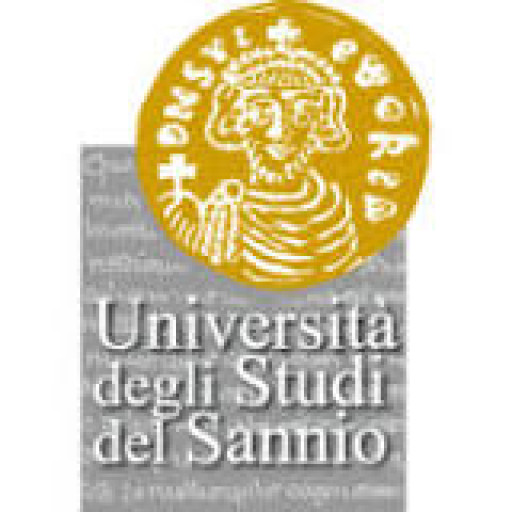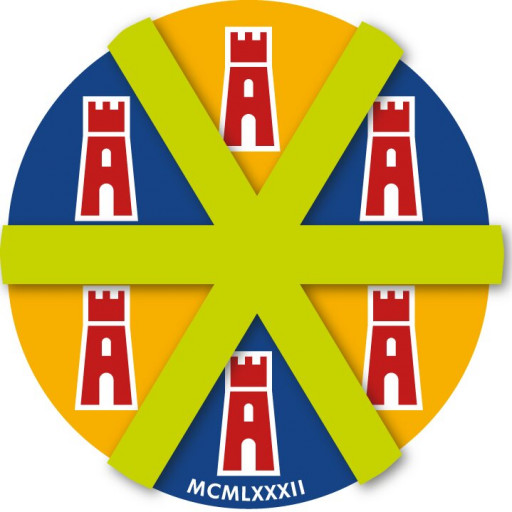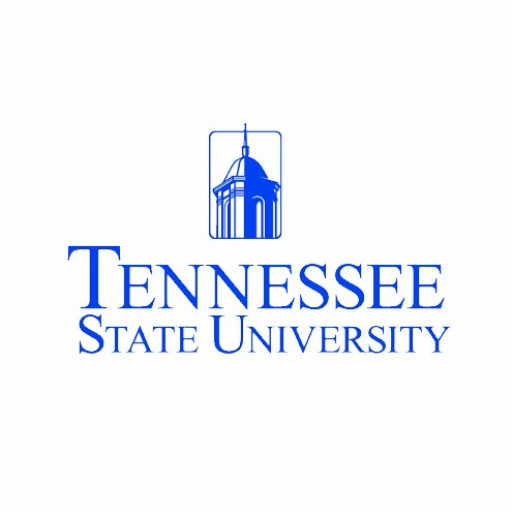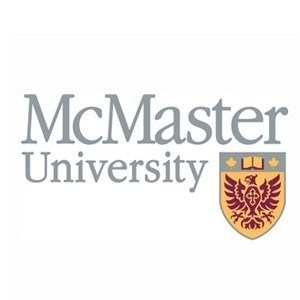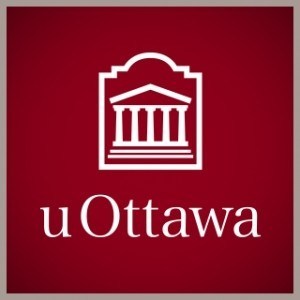Photos of university / #ruhrunibochum
The Master of Science in Molecular and Developmental Stem Cell Biology (iSTEM) at Ruhr University Bochum offers an interdisciplinary and research-oriented education dedicated to understanding the fundamental mechanisms underlying stem cell function, development, and regeneration. This comprehensive program provides students with a solid foundation in molecular biology, cell biology, and developmental biology, combined with advanced training in stem cell research techniques and approaches. Throughout the course of study, students will explore the latest scientific advancements in stem cell biology, gain hands-on experience in state-of-the-art laboratory methods, and develop critical thinking and analytical skills essential for careers in academia, biotechnology, and medical research. The program emphasizes a multidisciplinary approach, integrating principles of genetics, biochemistry, and systems biology to address complex questions related to cell development, tissue regeneration, and disease modeling. Students have opportunities to participate in cutting-edge research projects within the university’s renowned research centers and collaborate with international experts in the field. The curriculum is designed to prepare graduates for doctoral studies or roles in innovative research institutions, biotech companies, and healthcare sectors focused on regenerative medicine and personalized therapies. By engaging in seminars, workshops, and research internships, students will enhance their scientific communication skills and professional competence. The program also emphasizes ethical considerations and the societal impact of stem cell research, preparing students to contribute responsibly to scientific advancements in this rapidly evolving field. Graduates will be equipped with a comprehensive understanding of the biological principles and experimental techniques that drive innovations in stem cell therapy, tissue engineering, and regenerative medicine, making them highly competitive in the global scientific community.
Educational organisation
During the first year of the programme, students acquire a fundamental understanding of developmental processes that are linked to the current progress of stem cell research. This theoretical knowledge is further deepened and expanded on by hands-on experience during practical modules. The inclusion of guest lecturers gives students the opportunity to get in contact with programme-associated researchers and learn about prime examples of current topics in stem cell research. This practical knowledge is further expanded by the inclusion of a mandatory bioinformatics course. During the second year, the curriculum switches in part to application-oriented courses that confront students with stem cell based approaches to the treatment of various illnesses as well as future prospects. During the course of the third semester, students also get the opportunity to visit our partner institutions abroad. The fourth semester is reserved for the Master's thesis.It is also mandatory for the students to successfully complete a language course. Other acquired skills include a basic understanding of bioethics and legal aspects of biomedical work, skills in good medical practice and grant writing skills.
The Master's course comprises a four-semester programme providing a broad base of knowledge of the subjects studied including their methodology and theory. The average workload is calculated at 900 hours of work per semester of study, approx. 30 credit points per semester and a total of 120 credit points.
Study abroad unit(s)
Participants get the opportunity to spend their third semester and beyond at one of our partner institutions abroad, for example the Aarhus University in Denmark, the School of Medicine of Tongji University in Shanghai, or at the Chinese-German Stem Cell Centre of Tongji Medical College in Wuhan. They are also free to go to one of our associated laboratories from the University Alliance Ruhr (UA Ruhr) or the Stem Cell Network North Rhine-Westphalia.Internships
Due to the practical nature of our programme, practicals and internships are part of almost all of the offered modules, however, students are also encouraged to choose practicals according to their interests. Therefore, we offer a variety of different practicals for students to choose from. During the first semester, students have to choose four two-week introductory practicals out of around 20 practicals offered. During the second semester, students are expected to complete two four-week internships in our associated laboratories and finally to complete the module ''Lab Bench Project and Grant Writing'' that consists of an internship in preparation of the Master's thesis.Aside from the required internships, students are also encouraged and supported in finding additional opportunities to get practical experience by applying for internships at our large number of associated laboratories.
Forms of assessment
Written exam, written reports, oral exam, presentations, work evaluation, group work, poster presentations, work sheets, written research proposal as part of the module ''Lab Bench Project and Grant Writing''Course objectives
Alumni of the Master of Molecular and Developmental Stem Cell Biology course have gained detailed up-to-date knowledge of the classification and origin of stem cells, and can master their harvesting, cultivation and scientifically sound application. They have gained a solid knowledge of the molecular processes involved. The graduates have a thorough understanding of the basic principles underlying the pathology of degenerative diseases and of relevant aspects of regenerative medicine and tissue engineering. They have the ability to critically pursue new developments and to implement them, according to the principles of good scientific practice. They will have developed a comprehensive understanding and carefully considered approach to bioethical aspects. Furthermore, they know how to handle human and animal materials in a responsible fashion. They have also been trained to work in international, intercultural and interdisciplinary teams. Graduates of the Molecular and Developmental Stem Cell Biology degree course are ideally suited to start their career in the pharmaceutical industry, as well as in scientific institutes. They are equally well qualified to continue with doctoral studies in life sciences or medicine.Language requirements
Applicants need to provide proof of their proficiency in English, for example your successful completion of one of the standard tests (TOEFL 550 [written], 215 [computer based], 79 [internet based] or IELTS 6.0).Other qualifications, for example a study programme completed in English before, will be reviewed by a committee.
Academic requirements
Applicants are required to hold a top Bachelor's degree in the life sciences (e.g. BSc in biology, microbiology, biomedicine, molecular biology) or a state examination/Master's degree in a medical subject. The course is thereby ideally suited for graduates of biology, biochemistry, biotechnology, molecular biology, biomedicine, molecular medicine, human medicine, veterinary medicine, dental medicine and equivalent specialised programmes such as tissue engineering. Proof of good basic mathematical skills is required, as is proof of English language skills (see language requirements).Enrolment fees
A social fee of approx. 270 EUR has to be paid. The fee includes a semester ticket covering public transport in North Rhine-Westphalia.Costs of living
Minimum of 670 EUR per month to cover personal and living expensesArrival support
New students will get personal help during the first few weeks of their stay (e.g. to complete registration, health insurance etc.).We also organise an orientation event with different speakers giving the students an introduction to the organisation and life at Ruhr University.
We are currently establishing a tandem system where German students are expected to guide their fellow students, and students from advanced semesters are expected to supervise and guide the newly arrived students during the first week of the semester.
Aside from our own efforts, the International Office of Ruhr University also plans and organises a one-week programme that is meant to help students fit into their new environment.
Services and support for international students
The university is currently undertaking efforts to provide all of the important media, printed documents and services of the campus in English.The university also encourages students to seize the opportunity to participate in a multitude of available language courses, which is also encouraged by the fact that it is mandatory for the students of our Master's programme to take a language course (in either language).
To provide excellent services that are tailored to the needs of our international students, the university founded the International Office to guide and help the international students and researchers that are part of Ruhr University.
To further follow its self-imposed role as an excellent place for international students to study, the university established the promotional programme Master 2.0 in 2010. Participating study programmes like the Master Molecular and Developmental Stem Cell Biology are therefore taught completely in English and the connection to an international scientific network of participating laboratories is stressed.

